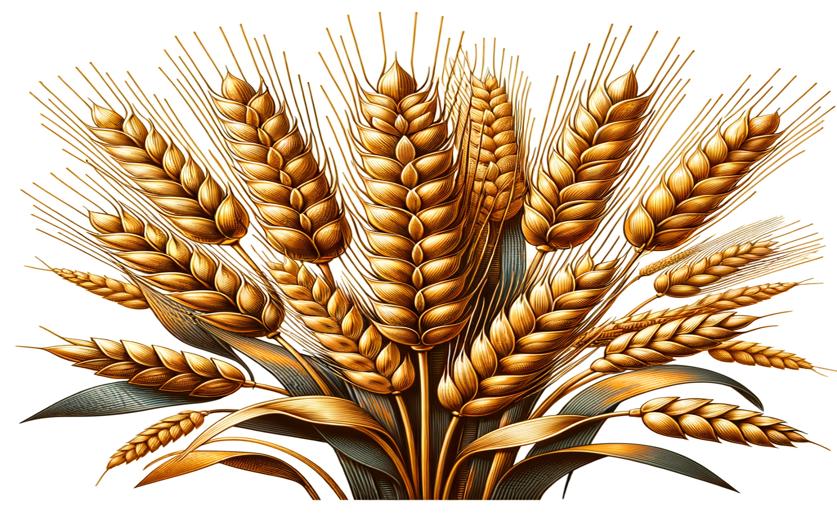
Boosting Fiber Content in Wheat by Enhancing Natural Sugar Storage
Jenn Hoskins
3rd May, 2024

Image Source: Natural Science News, 2024
Key Findings
- Scientists at Agriculture Victoria discovered that fructans help wheat plants cope with environmental stress and support grain growth
- Transgenic wheat with enhanced fructan-producing genes showed increased fructan levels, potentially aiding stress tolerance and grain yield
- The study suggests that optimizing fructan levels in wheat could improve crop resilience, especially in harsh climates
References
Main Study
1) Modified fructan accumulation through overexpression of wheat fructan biosynthesis pathway fusion genes Ta1SST:Ta6SFT
Published 30th April, 2024
https://doi.org/10.1186/s12870-024-05049-w
Related Studies
2) Plant fructans in stress environments: emerging concepts and future prospects.
3) Dietary modulation of the human colonic microbiota: introducing the concept of prebiotics.
Journal: The Journal of nutrition, Issue: Vol 125, Issue 6, Jun 1995
4) Transgenic potato tubers accumulate high levels of 1-kestose and nystose: functional identification of a sucrose sucrose 1-fructosyltransferase of artichoke (Cynara scolymus) blossom discs.
Journal: The Plant journal : for cell and molecular biology, Issue: Vol 12, Issue 5, Nov 1997



 30th April, 2024 | Greg Howard
30th April, 2024 | Greg Howard